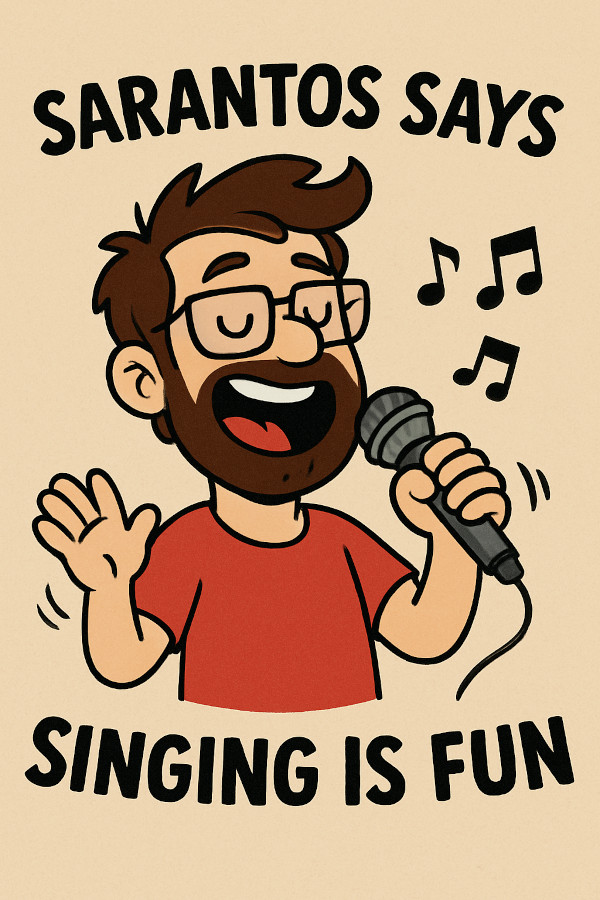
From ancient chants to modern sound therapy, the power of the voice and vibration is more than just audible. It’s transformative. Here's how singing and sound can rejuvenate your entire being:
Your body isn’t just skin and bones—it's an energetic system constantly responding to frequency. Every note, hum, or rhythm carries encoded information that can soothe the nervous system, elevate your mood, and restore inner balance.
Whether through singing, listening to nature, or experiencing a sound bath, these vibrations speak directly to the deepest parts of us.
Key effects include:

When you sing or immerse yourself in healing sounds, you're literally shifting your vibrational state. Harmonies and resonant frequencies have the power to lower stress, reduce blood pressure, and even balance emotional energy centers in the body.
Instruments like singing bowls, tuning forks, and gongs aren’t just cool to listen to-they align you with calming frequencies that:
Neuroscience has proven it: sound can change your brain. Singing or actively listening to music helps forge new neural pathways, strengthening memory, attention, and emotional resilience.
This is known as neuroplasticity—the brain’s ability to adapt and reorganize. Through consistent sound-based experiences, you can literally reprogram how you think and feel.
Singing together or simply sharing music builds bonds. It’s a universal language that dissolves barriers and creates emotional intimacy. Group singing has even been linked to increased empathy and social bonding.
Music therapy uses this power to:
From trauma recovery to chronic illness, sound and singing have been used as gentle tools for healing. Music therapy is now a respected treatment in mental health, neurological care, and rehabilitation centers.
Its benefits include:
Whether you're belting out lyrics in the car or soaking in the serenity of a sound bath, know this: your voice and the sounds around you are powerful tools for healing and harmony. Use them often—and let the music move you.
Follow Sarantos:
| Website:www.melogia.com | YouTube:SarantosMelogia |
| Facebook:@SarantosMelogia | Instagram:@SarantosMelogia |
| Twitter:@SarantosMelogia | TikTok:@Sarantos |